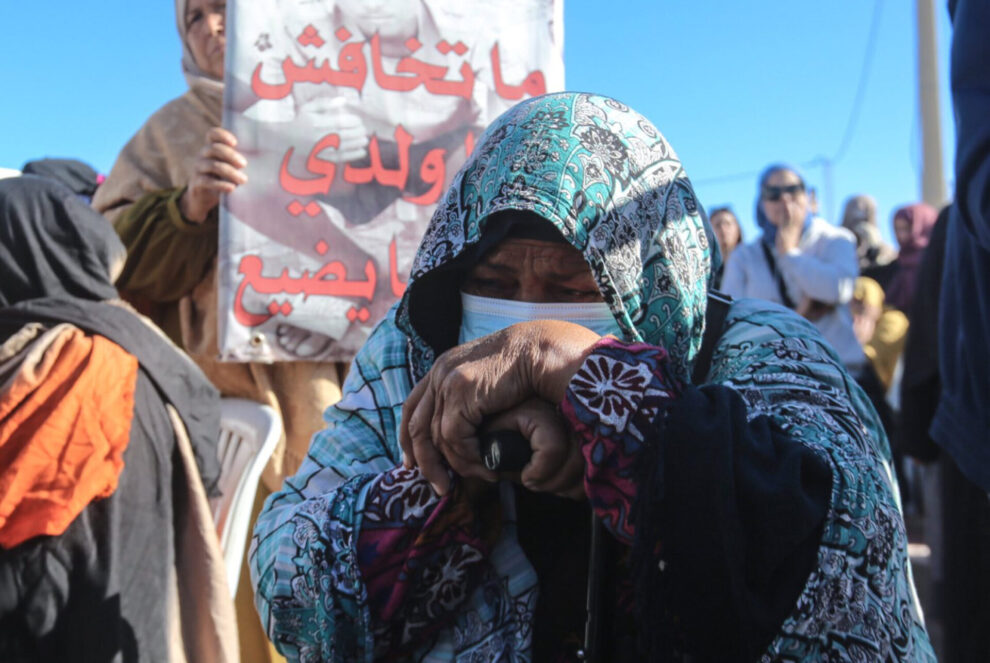Refugees International’s recent report calls attention to the pressing need for a reassessment of the relationship between EU states, the US, and Tunisia concerning migration.
The organization denounces the abuse suffered by migrants and asylum seekers and highlights “indications of routine corruption and collusion between smuggling networks and elements of the Tunisian security forces.”
According to the report, Tunisia has become the principal departure point for migrants and refugees attempting to reach Europe by sea. However, the country faces significant challenges in managing the arrival and presence of a substantial population of displaced people from across Sub-Saharan Africa.
Tunisia’s economy, democracy, and institutions have suffered a series of major setbacks over the course of the last few years and the country has now become a launchpad for migrants undertaking the perilous journey across the Mediterranean.
Tunisians are joining these migrants from elsewhere in Africa and Asia to make the dangerous and often fatal sea journey across the Mediterranean.
This year alone, 2,166 migrants and asylum seekers have died crossing the Central Mediterranean.
Emigration from Tunisia
The report notes that Tunisians have historically engaged in “harka” or migration, a trend that may accelerate as the country grapples with political and economic instability. Moreover, refugees, asylum seekers, and migrants from Sub-Saharan Africa are increasingly using Tunisia as a transit point to Europe due to persistent poverty and insecurity in their home countries.
The perception of Tunisia as a safer exit point than neighboring Libya or Algeria further contributes to this trend, as well as the “inability of Tunisia to prevent its far more powerful neighbor Algeria from continuing to direct large numbers of migrants into the country.”
Moreover, Tunisia’s position next to European islands, as well as racist and xenophobic attacks and policies led by Tunisian officials have prompted many Black Africans within the country to leave, notes the report.
European pressure on Tunisian government
The report criticizes the Tunisian government’s response to the migration challenge. Under pressure from Europe to curb irregular migration, the government, led by President Kais Saied, has resorted to demagoguery and abuse, notes Refugees International.
“Tunisian security forces, including some that cooperate directly with EU countries and the United States, have committed grave and systematic abuses against refugees, asylum seekers, and other migrants. A Refugees International investigation has corroborated and deepened documentation of these grave abuses and has simultaneously uncovered indications of routine corruption and collusion between smuggling networks and elements of the Tunisian security forces, who are monetizing many parts of the smuggling operations while brutalizing migrants”.
Refugees International offers specific recommendations to European countries and the US. They urge thorough investigations into past abuses, implementation of oversight and accountability measures, professionalization of migration policy within the Tunisian government, and a substantial increase in emergency support services for displaced people who come to Tunisia.
The report emphasizes that without these safeguards, new migration management arrangements with Tunisia will risk spurring renewed abuses while failing to address irregular migration.
Deterrence likely to fail
Furthermore, the report questions the feasibility of attempting to deter widespread displacement from the wider region by confining it along the Tunisian coastline.
Even in the face of human rights violations committed by Tunisian security forces, the research indicates that structural factors driving human mobility (geography, policy, security, and worsening conditions in many Sub-Saharan African countries) remain unchanged, noted the report.
A deterrence-centered policy is likely to fail, leading to immense human suffering, according to Refugees International.
Source: Info Migrants









